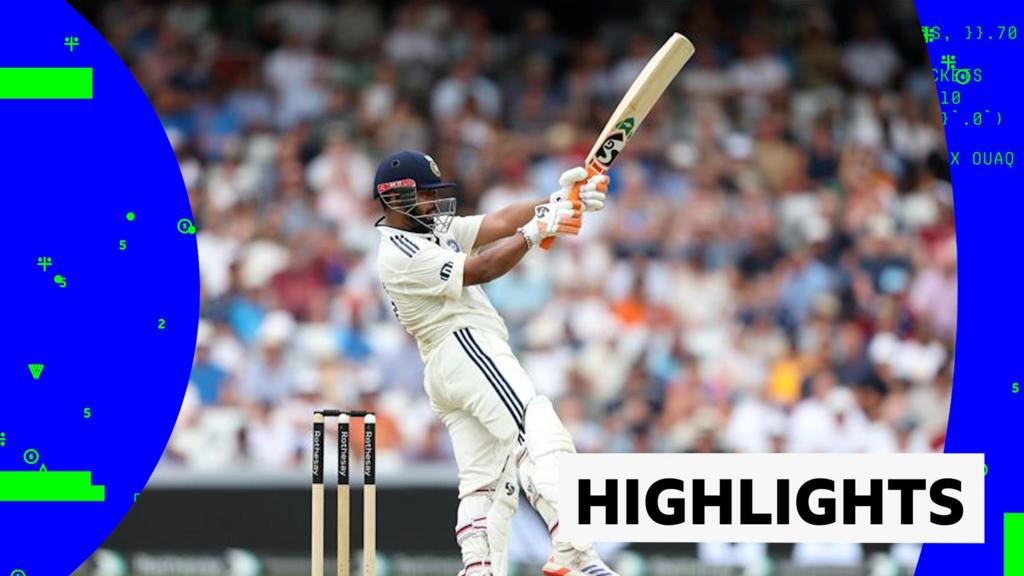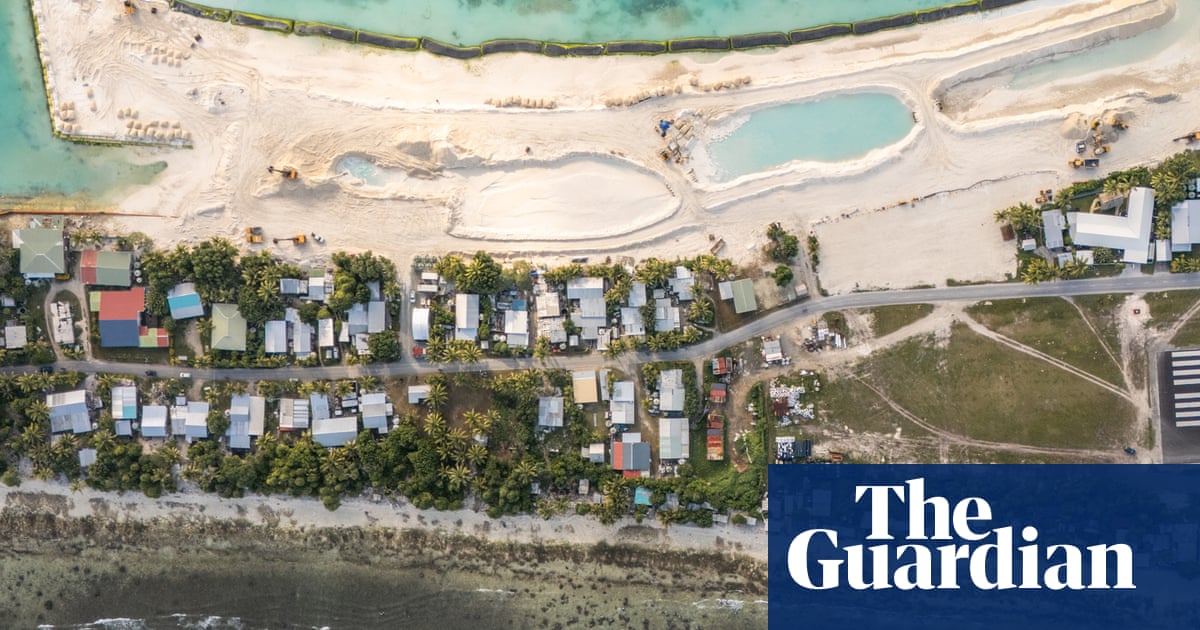Jiyar Gol
BBC world affairs correspondent
If Israel's recent claims are confirmed, the assassinations of Saeed Izadi and Behnam Shahryari represent a major blow to the Islamic Revolutionary Guard Corps (IRGC) and the elite Quds Force, its overseas operations arm which has ties with armed groups in the region.
Izadi, a senior Quds Force commander responsible for coordination with Hamas and other Palestinian armed groups, was reportedly killed in an apartment in the Shia holy city of Qom. Shahryari, the head of Unit 190 - responsible for smuggling weapons and funds to Iran's regional proxies - was assassinated by a drone strike while traveling by car in western Iran.
Izadi played a central role in co-ordinating Tehran's support for Palestinian armed groups and was reportedly instrumental in arming and financing Hamas, the Palestinian armed group which carried out the 7 October 2023 attack on southern Israel.
The head of Israel's military, Eyal Zamir, said Izadi's assassination was "a key point in the multi-front war".
"The blood of thousands of Israelis is on his hands," Zamir said. "This is a tremendous intelligence and operational achievement."
Izadi previously narrowly survived an Israeli air strike in April 2024 that targeted the Iranian consulate in Damascus, Syria - an attack that killed several high-ranking Quds Force commanders.
The targeting of Izadi and Shahyari follow a wave of assassinations targeting senior Iranian military officials and highlight what many see as a growing breach within Iran's intelligence community.
Iranian state TV last week broadcast images showing camouflaged lorries and vans that were allegedly used to transport drones, along with footage of makeshift FPV drone factories in the south of Tehran.
Scores of people have been arrested and accused of spying for Mossad, including some Afghan refugees. Human rights groups fear that the authorities may be using accusations of espionage as a pretext to arrest anyone who opposes the government or criticises the IRGC and the country's leadership.
The officials were so concerned about the infiltration that several days ago they ordered all protection personnel not to use smartphones connected to the internet for communication. The police chief asked the public to report to the police if they have rented out any buildings to companies or individuals recently or in the past couple of years.
Israel attacked Iran on 13 June but a covert conflict has been simmering for over two decades, characterised by sabotage, cyber-attacks, and targeted killings.
Nuclear scientists and Quds Force commanders in Syria and inside Iran have frequently been targeted. Israel's spy agency Mossad is widely believed to be behind many of these operations.
One of the most dramatic episodes occurred in 2018, when Mossad agents infiltrated a highly secured warehouse in a militarised suburb of Tehran. They broke into vaults and extracted thousands of top-secret Iranian nuclear documents, physically transporting them to Tel Aviv. The operation stunned Iran's intelligence community.
To this day, Iranian authorities remain mystified. Earlier this year former Iranian intelligence minister Mahmoud Alavi admitted that Iranian services still had no idea how the secret nuclear documents storage was breached and how those behind it escaped undetected.
One name in the stolen documents stood out: Mohsen Fakhrizadeh, who played a crucial role in Iran's nuclear programme. Israel accused him of working on nuclear weapons. Iran denies the existence of any such project.
In 2020, Fakhrizadeh was assassinated near Tehran by a remote-controlled weapon, activated by agents. Despite warnings, including from Alavi, the intelligence failure was total.
The extent of Mossad infiltration into Iran's intelligence services has long been a matter of speculation. In 2021, former president Mahmoud Ahmadinejad claimed that the head of Iran's counter-Mossad unit was himself an Israeli agent - that individual was later arrested and executed in secret.
The same year, former intelligence minister Ali Younesi warned that "Mossad is closer to us than our own ears", underscoring the perceived depth of Israeli infiltration.
In recent years, Israel is also believed to have pre-positioned small drones and explosives inside Iran, trained operators and planted them near the homes of IRGC commanders and near radar and missile sites.
In its initial attack on 13 June, Israel killed top Iranian military figures including the Armed Forces Chief of Staff, the IRGC Chief of Staff and the head of IRGC missile and aerospace divisions, as well as a number of nuclear scientists.
Each successful operation points to a troubling truth for Iran's leadership: their internal security has been deeply compromised.









 English (US) ·
English (US) ·